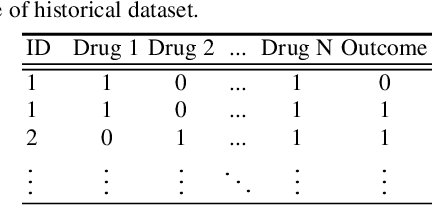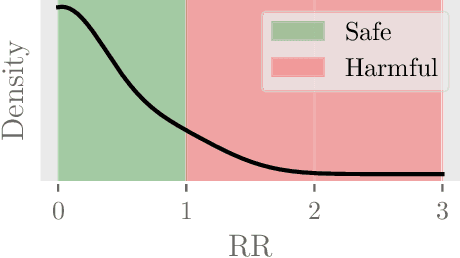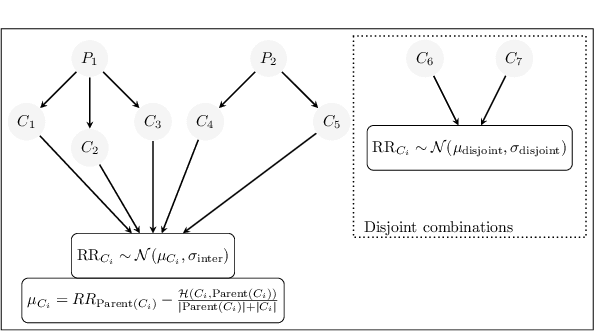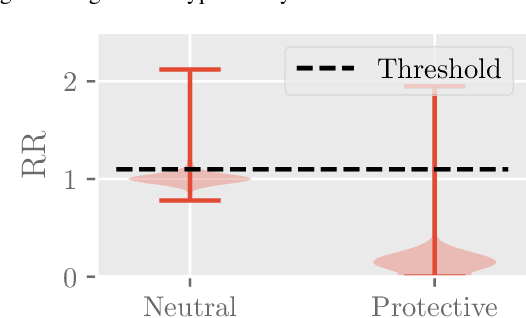Caroline Sirois
Neural Bandits for Data Mining: Searching for Dangerous Polypharmacy
Dec 10, 2022



Abstract:Polypharmacy, most often defined as the simultaneous consumption of five or more drugs at once, is a prevalent phenomenon in the older population. Some of these polypharmacies, deemed inappropriate, may be associated with adverse health outcomes such as death or hospitalization. Considering the combinatorial nature of the problem as well as the size of claims database and the cost to compute an exact association measure for a given drug combination, it is impossible to investigate every possible combination of drugs. Therefore, we propose to optimize the search for potentially inappropriate polypharmacies (PIPs). To this end, we propose the OptimNeuralTS strategy, based on Neural Thompson Sampling and differential evolution, to efficiently mine claims datasets and build a predictive model of the association between drug combinations and health outcomes. We benchmark our method using two datasets generated by an internally developed simulator of polypharmacy data containing 500 drugs and 100 000 distinct combinations. Empirically, our method can detect up to 33\% of PIPs while maintaining an average precision score of 99\% using 10 000 time steps.
 Add to Chrome
Add to Chrome Add to Firefox
Add to Firefox Add to Edge
Add to Edge